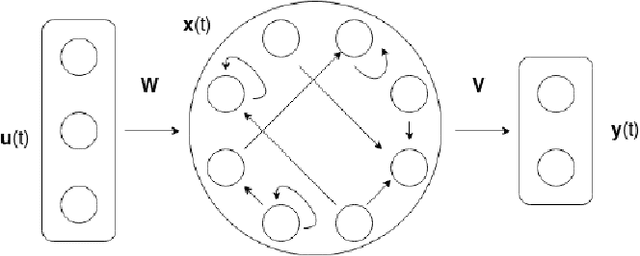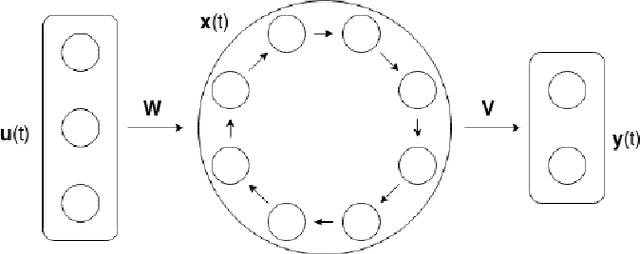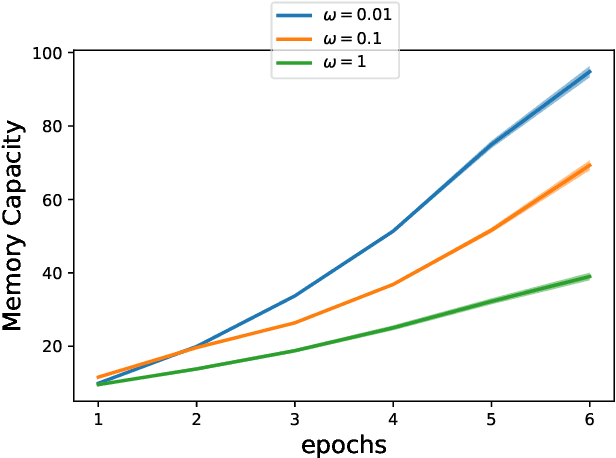Get our free extension to see links to code for papers anywhere online!Free add-on: code for papers everywhere!Free add-on: See code for papers anywhere!
Luca Silvestri
Phase Transition Adaptation
Apr 20, 2021Figures and Tables:







Abstract:Artificial Recurrent Neural Networks are a powerful information processing abstraction, and Reservoir Computing provides an efficient strategy to build robust implementations by projecting external inputs into high dimensional dynamical system trajectories. In this paper, we propose an extension of the original approach, a local unsupervised learning mechanism we call Phase Transition Adaptation, designed to drive the system dynamics towards the `edge of stability'. Here, the complex behavior exhibited by the system elicits an enhancement in its overall computational capacity. We show experimentally that our approach consistently achieves its purpose over several datasets.
* Accepted at IJCNN 2021
Via
 Add to Chrome
Add to Chrome Add to Firefox
Add to Firefox Add to Edge
Add to Edge